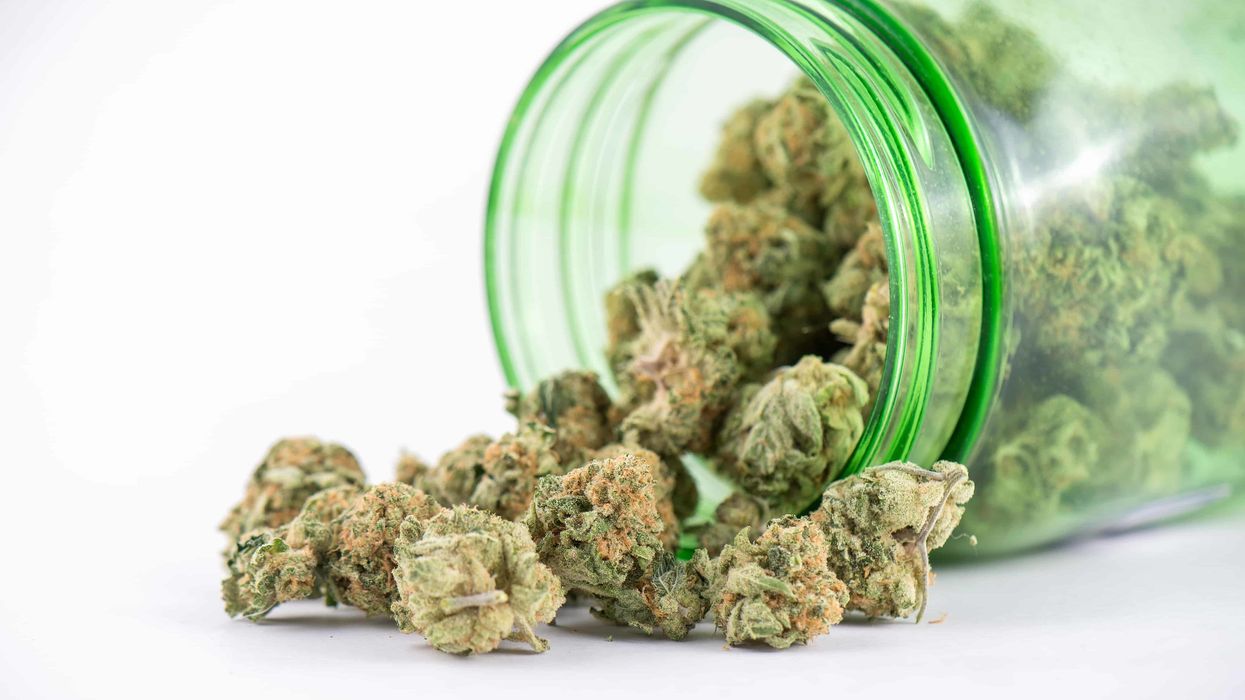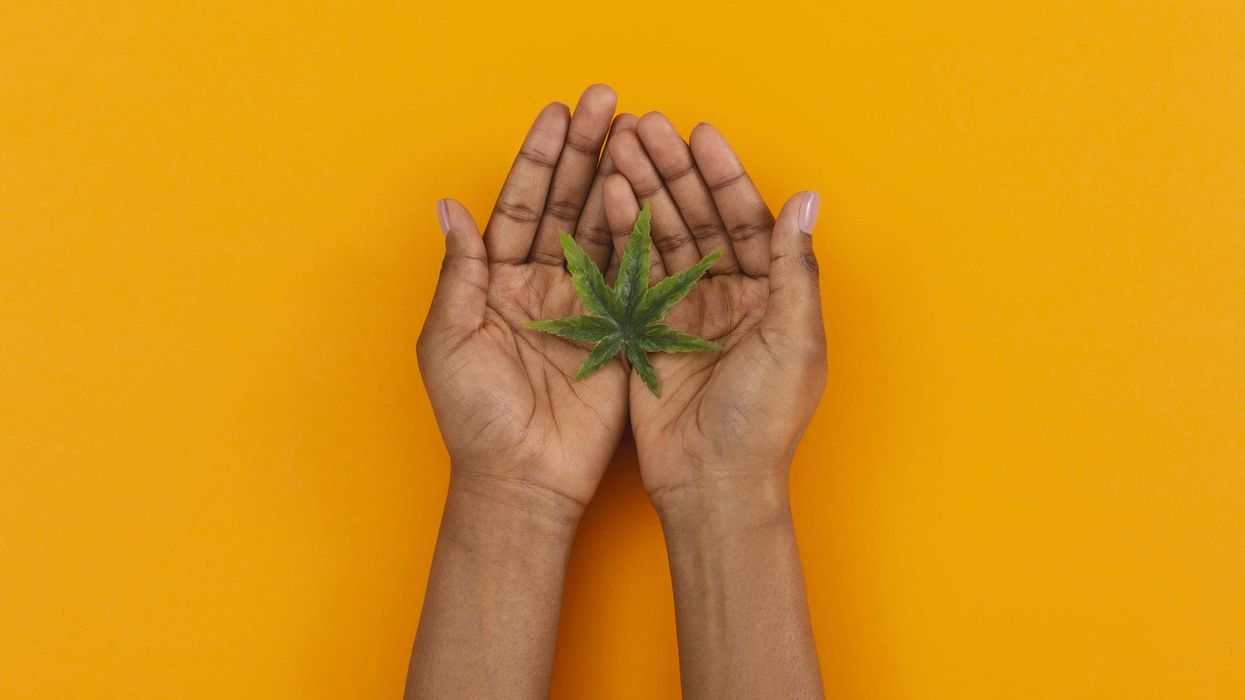Cannabis has made significant progress in legalization and destigmatization throughout the U.S., but its continued Schedule I classification can make progress feel like it’s running in an infinitely redundant circle.
Despite state-by-state legalization and growing national acceptance, the federal government continues to “crack down” on the sale of cannabis throughout the country, using resources to put more people in prison for their involvement with a plant that is helping countless other people profit and succeed in the legal industry.
This counterproductive waste of energy does much more harm than good, disproportionately targeting People of Color, keeping the barriers to enter legal cannabis high and difficult to navigate, and instilling the unfair stigma weed was plagued with over a century ago.
WTF is up with Cannabis Crackdowns?
Cannabis crackdowns have been happening since the beginning of the plant’s prohibition in the early 1900s. Essentially, the federal government (or some form of law enforcement) will “raid” a cannabis dispensary, cultivation center, or other operation, which was very easily justified when the plant was 100 percent illegal.
Although that legalization is spreading, crackdowns can still occur based on the plant’s federally illegal status, and the fact that not all operators are legally licensed to sell and distribute cannabis.
A few recent examples include the seizure of illegal cannabis vehicles in New York City, D.C. law enforcement going after gray-market cannabis “gifting” stores, and the destruction of 1.2 million plants in California last year.
Of course, one would assume the simplest fix would be to obtain a cannabis license, but unfortunately, there are many barriers in place to make this anywhere from difficult to impossible.
Legacy operators looking to transition into the legal market have to deal with constantly-changing qualification requirements and high costs just to get their foot in the door, and with the inability to put much of their profit to use in this regard, the legal transition process is a constant, almost laughable catch-22.
CEO and co-founder of The People’s Ecosystem Christine De La Rosa has worked in the cannabis industry since legacy days, and is one of the few operators who has been able to successfully transition into the legal market – but definitely not without a variety of setbacks that she’s keen to share with others to help them navigate the murky waters of legacy-to-legal.
“There was no pathway for us to come into the legal market. We couldn’t utilize anything we’d made previously in the legacy market as our financials. We couldn’t show that our brand had traction – all of the things a normal company would be able to do,” De La Rosa told The Bluntness.
“That’s why we see this huge number disparity. $20 billion of revenue in 2020 in the legal market, and $60 billion in the informal market. Why is that? Because we weren’t able to bring a lot of our legacy operators into the formal market.”
Why Are Cannabis Crackdowns Still Happening?
Many of the legacy operators De La Rosa remain on the outskirts of the cannabis industry, attempting to hold their place in the market they worked so hard to build while also trying to transition into the legal side of things.
Because of this, cannabis crackdowns act as a major determent for both the legacy and legal market.
From law enforcement’s perspective, the crackdowns are necessary to keep the market “clean” and to penalize operators for avoiding the legal route, sending a warning to anyone else interested in doing the same.
However, there’s a disconnect in this logic, as law enforcement and the government needs to realize as long as legacy operators are penalized for trying to survive, they’ll only be held further and further back from transitioning, while a small group of white collar individuals with fat pockets continue to monopolize the legal market.
This not only highlights the need for federal legalization of the plant that does so much good for so many individuals across the globe, but also the need to restructure the pathways for license acquisition to ensure those that built the industry on their backs have a fair shot.
Legalization sounds like a big win on paper, but without regulations in place to ensure the market is fair, safe, and prioritizing the wellness of the plant rather than the incessant greed of corporate businesses and the government, it won’t ever make a difference.
Operators who truly care about the plant will continue to be boxed out of the legal market, forced to operate in the shadows and constantly vulnerable to government intervention, raids, and crackdowns.
This has to stop.
Need a little more Bluntness in your life? Subscribe for our newsletter to stay in the loop.
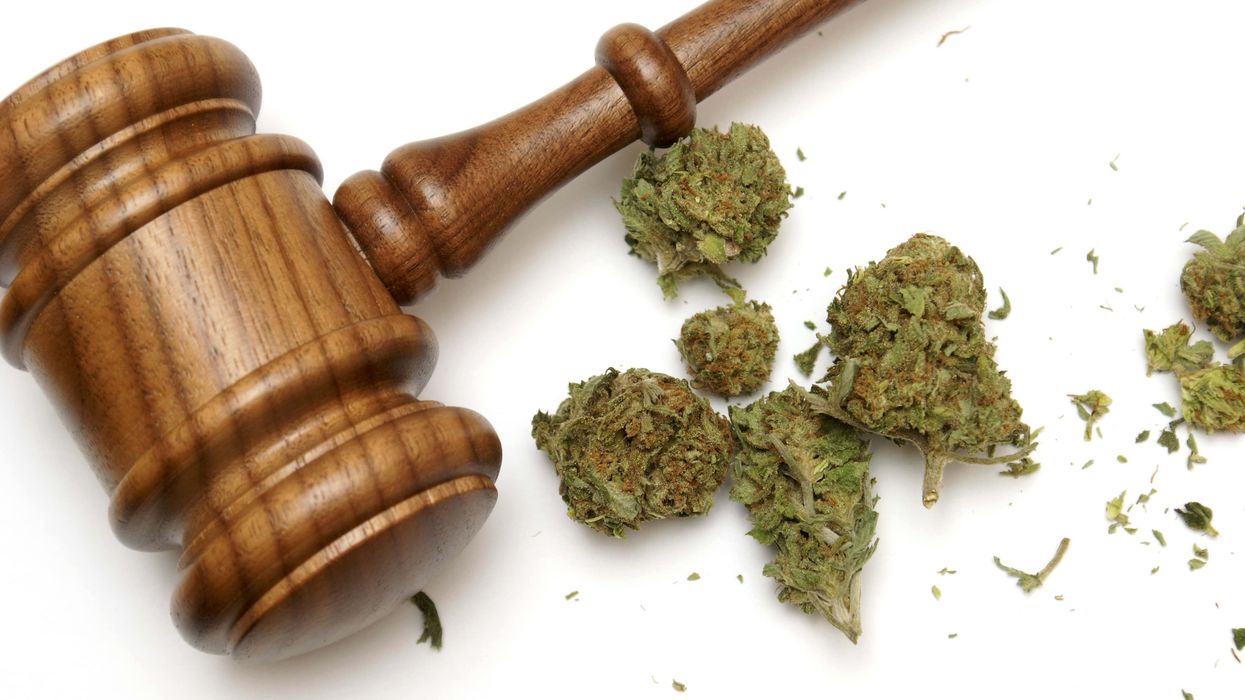


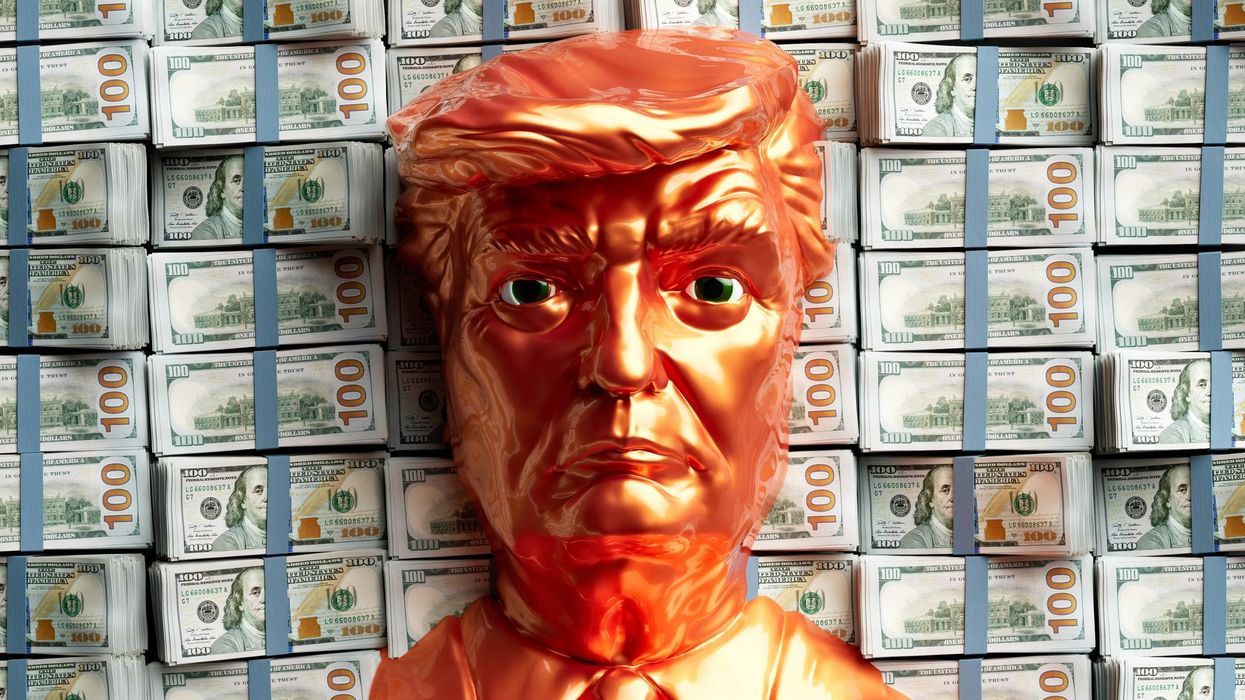


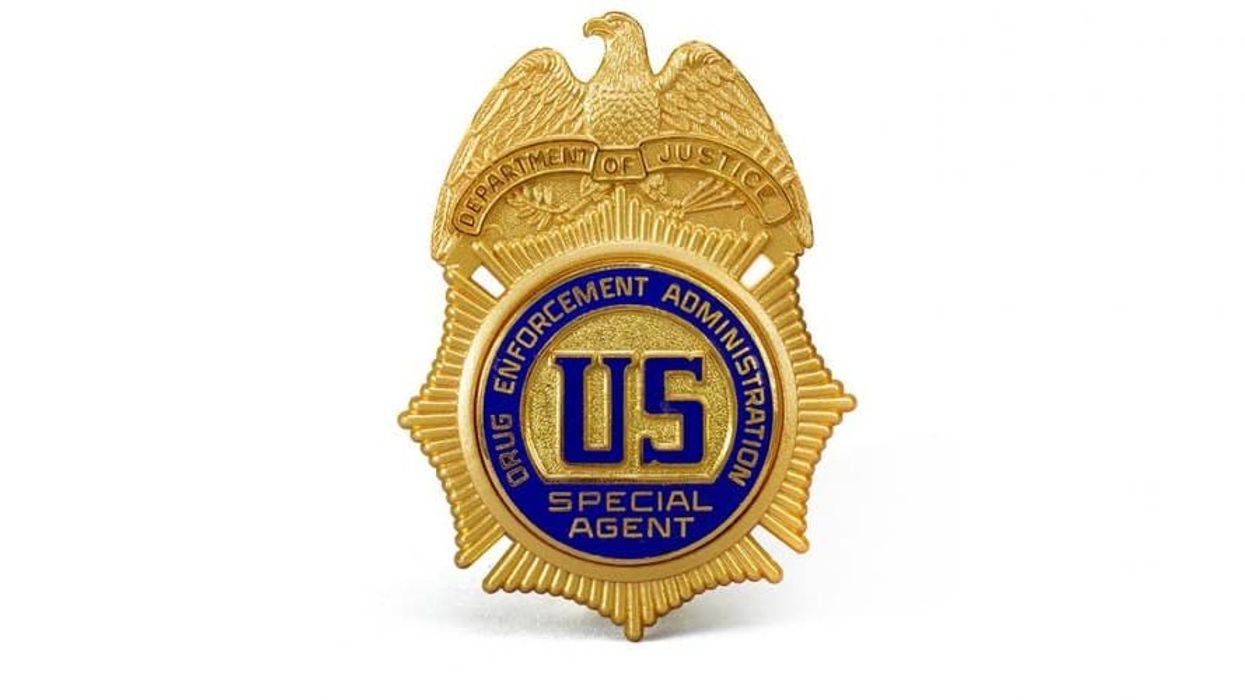
 Justin Timberlake Eye Roll Gif By Agent M Loves Gif - Find & Share on GIPHYAgent M Loves Gifs
Justin Timberlake Eye Roll Gif By Agent M Loves Gif - Find & Share on GIPHYAgent M Loves Gifs



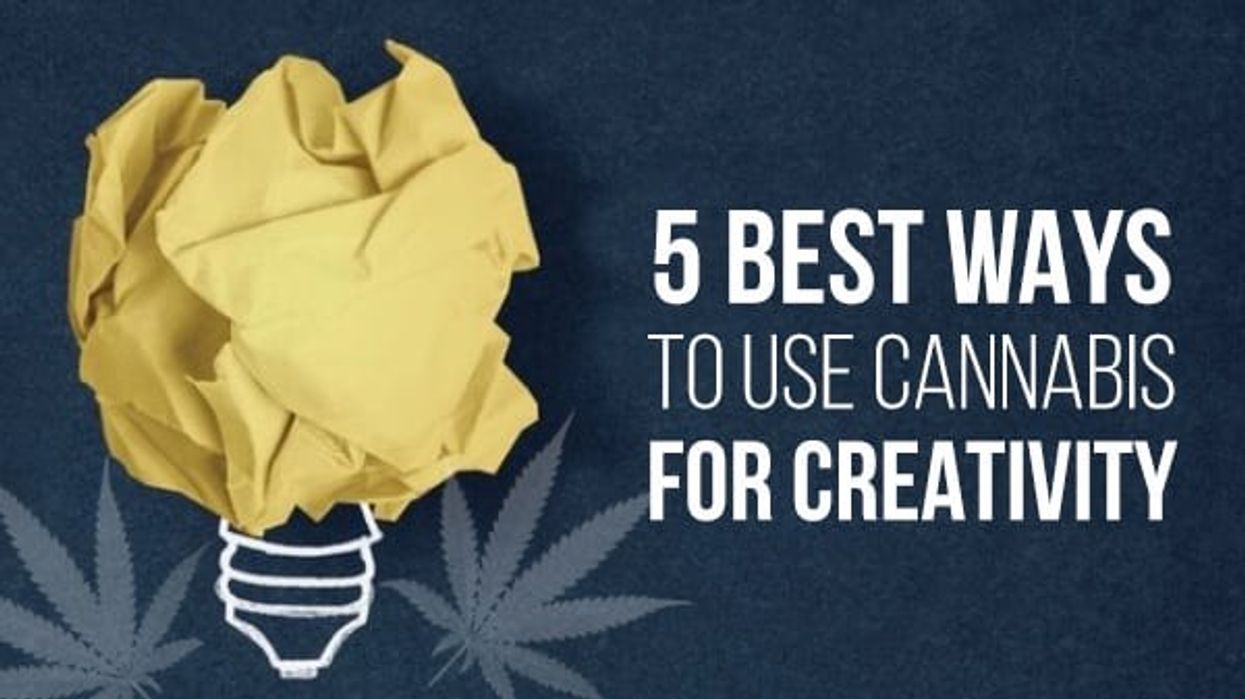
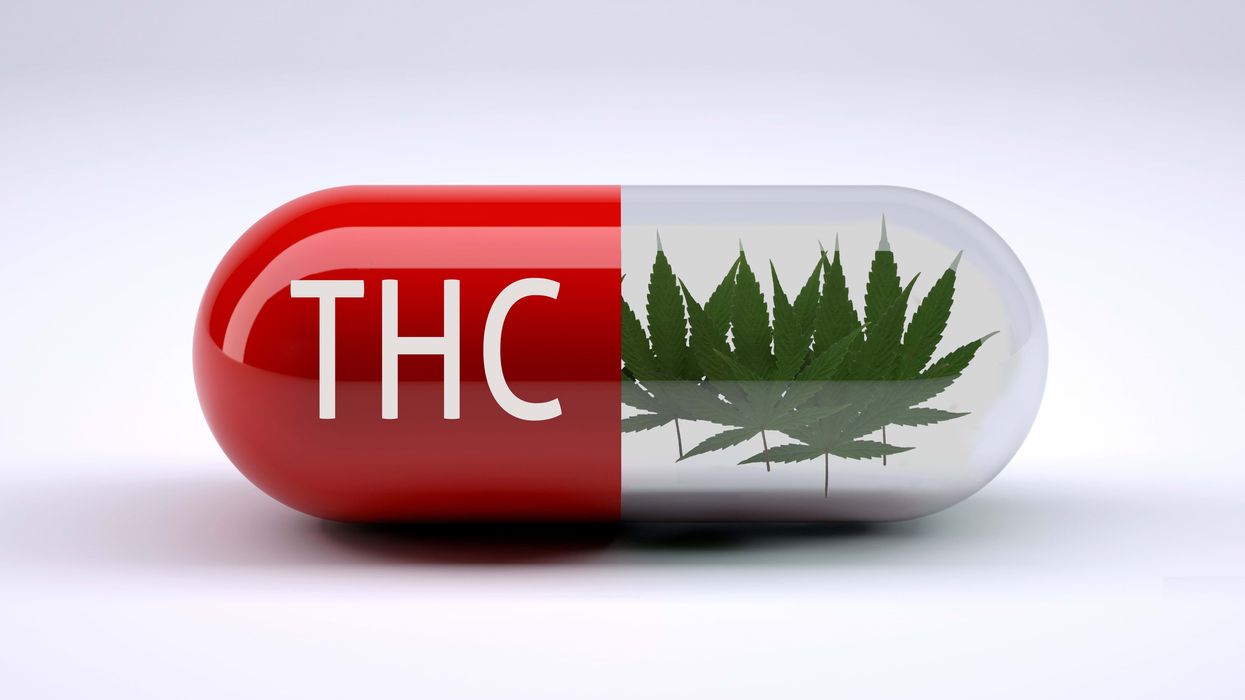
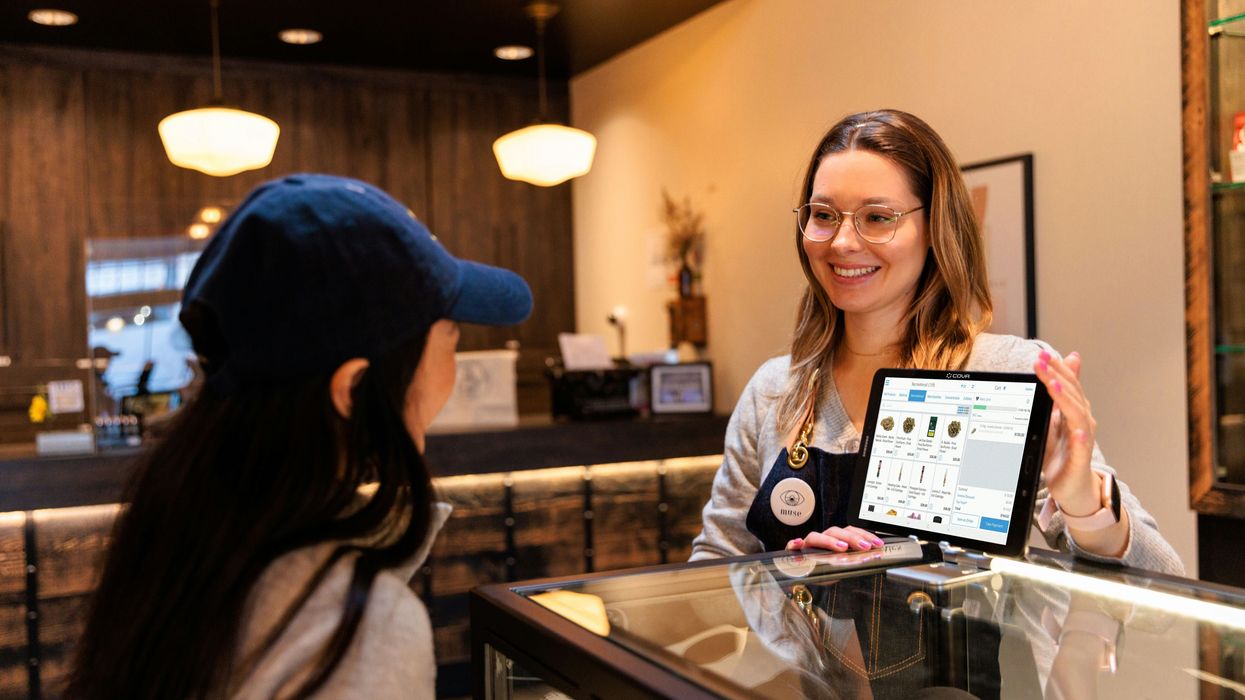
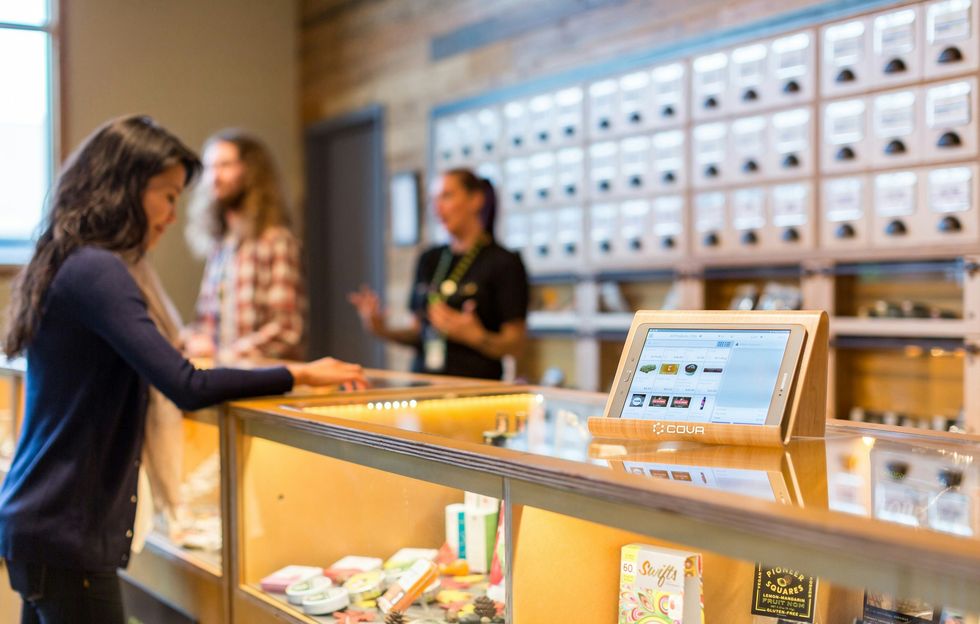 How to Become a Budtender: Complete Career Guide & Salary Information - The Bluntness Photo by
How to Become a Budtender: Complete Career Guide & Salary Information - The Bluntness Photo by  How to Become a Budtender: Complete Career Guide & Salary Information - The Bluntness Photo by
How to Become a Budtender: Complete Career Guide & Salary Information - The Bluntness Photo by 